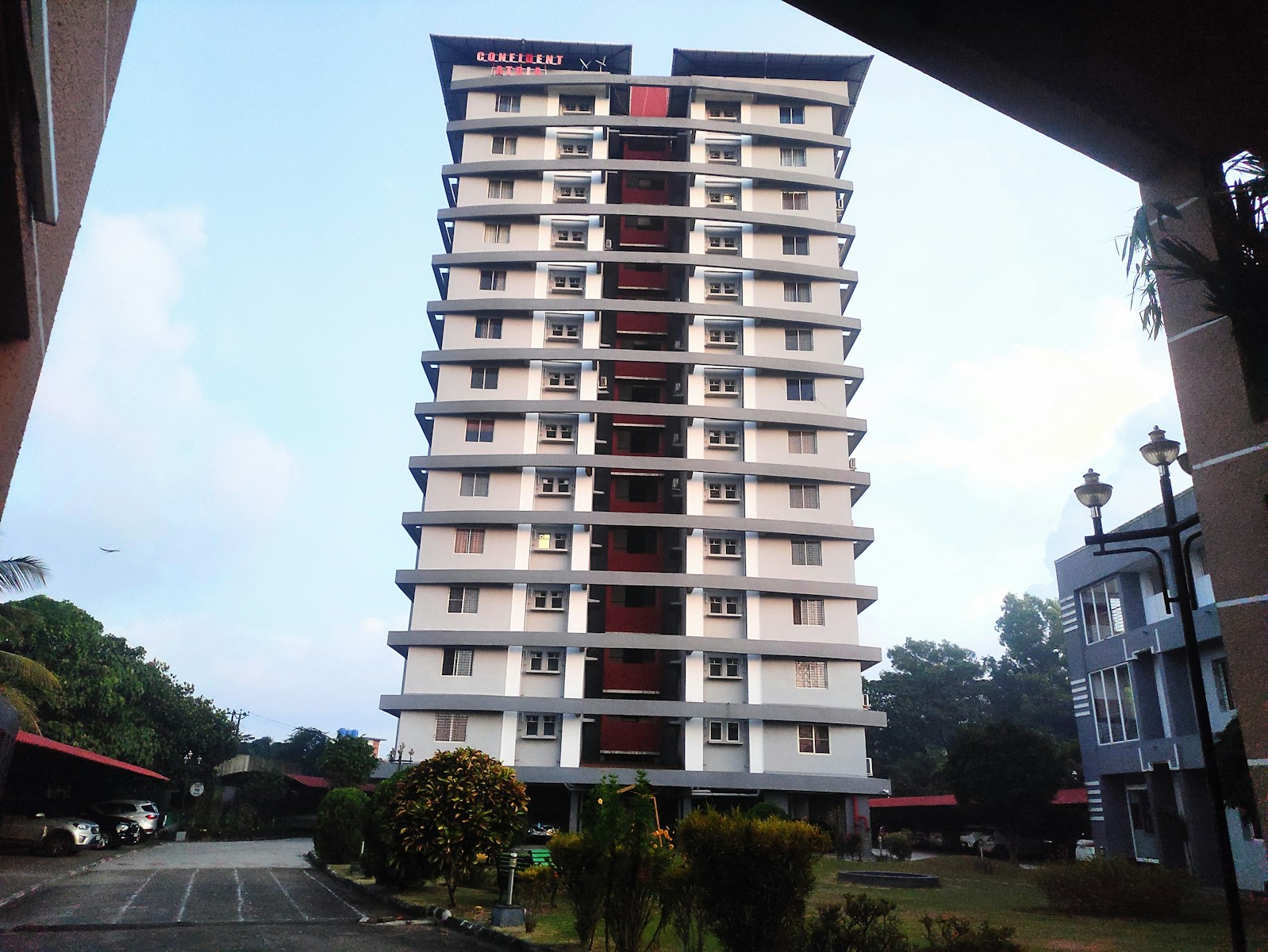Registrar Has No Statutory Authority to Issue NOC for Redevelopment, Rules Bombay High Court

Introduction
In a significant ruling that will impact cooperative housing societies across Maharashtra, the Bombay High Court has held that the Registrar of Cooperative Societies has no legal authority to issue a “No Objection” (NOC) for redevelopment projects.
The judgment, delivered by Justice Amit Borkar, clarifies that such approvals have no statutory basis under the Maharashtra Cooperative Societies Act, 1960 or the Maharashtra Cooperative Societies Rules, 1961. The Court reaffirmed that the General Body of the society remains the final and supreme authority in all matters concerning redevelopment, subject to procedural compliance and transparency.
Table of Contents
Facts of the Case
The District Deputy Registrar, H-West Ward, Mumbai, had granted a “No Objection” for the redevelopment of a cooperative housing society. The petitioners challenged this act before the High Court, contending that the Registrar’s issuance of such approval was beyond the scope of his powers and not supported by any provision of law.
Court’s Analysis and Findings
1. Absence of Legal Basis for Registrar’s “No Objection”
The Court, after examining the statutory provisions, found no authority under the Act or Rules permitting the Registrar to issue a “No Objection.” The law does not contemplate any such requirement. Redevelopment is an internal decision of the society, to be made collectively by its members.
2. General Body as the Supreme Decision-Making Authority
Justice Borkar emphasized that the General Body of a cooperative housing society is the ultimate authority in all management and redevelopment matters. Once the decision to redevelop is taken by a majority in accordance with the bye-laws and the Government Resolution (G.R.) dated 4 July 2019, it becomes binding on all members.If any member disputes the process, the appropriate remedy lies under Section 91 of the Maharashtra Cooperative Societies Act, before the Cooperative Court—not before the Registrar.
3. Limited Role of the Registrar
The Court interpreted the Government Resolution of 4 July 2019 to mean that the Registrar’s role is limited to process supervision and transparency. Registrar is expected to nominate an Authorised Officer to attend the Special General Meeting (SGM) in which the developer is selected. The purpose of this presence is supervisory only to ensure quorum, fair voting, and proper record-keeping. The Registrar is not empowered to approve or reject redevelopment decisions.
4. Transparency and Documentation
The Court further clarified that societies must send copies of notices, agendas, and minutes to the Registrar’s office within fifteen days of the meeting. However, this requirement is merely for record maintenance and transparency; it does not amount to seeking approval. The Registrar has no power to veto, modify, or review a decision taken by the General Body.
5. Registrar’s “No Objection” Has No Legal Standing
The Court held that any “No Objection” issued by the Registrar has no legal foundation.
Such an act is ultra vires, as it exceeds the powers conferred upon him by the Act and Rules.
Consequently, redevelopment decisions taken by the society remain valid and enforceable even in the absence of such an NOC.
6. Directive to Registrars Across Maharashtra
Justice Borkar directed that all Registrars in the State must refrain from issuing or insisting upon any “No Objection” for redevelopment. Their role must remain confined to the supervisory functions contemplated under the Government Resolution. The Court also ordered the Commissioner of Cooperation and the Principal Secretary, Cooperation Department, Mantralaya, to issue a departmental circular to all Registrars, reiterating these directions.
7. Ensuring Procedural Fairness
The Court highlighted that cooperative housing societies must follow the safeguards prescribed under the Government Resolution. These include requesting an Authorised Officer, maintaining meeting minutes and video recordings, and forwarding all documents to the Registrar’s office.
Such measures uphold the legitimacy and transparency of redevelopment decisions.
8. Registrar’s Delay or Inaction
If a Registrar fails to appoint an Authorised Officer or delays such appointment, societies may approach the competent authority or court. However, absence of an NOC or delay by the Registrar cannot invalidate a decision lawfully made by the General Body.
Conclusion
This judgment reaffirms the autonomy of cooperative housing societies and clarifies the statutory boundaries of the Registrar’s role. By removing the unnecessary “No Objection” requirement, the Court has paved the way for faster, fairer, and more transparent redevelopment processes. The General Body remains the ultimate authority, and the Registrar’s role is purely supervisory, ensuring procedural fairness and compliance not control or approval. This landmark ruling is expected to significantly reduce administrative interference and bring much-needed clarity in the field of housing society redevelopment across Maharashtra.
By entering the email address you agree to our Privacy Policy.



